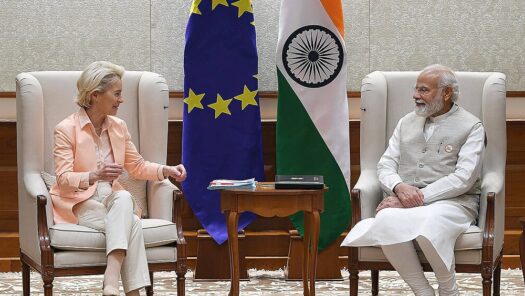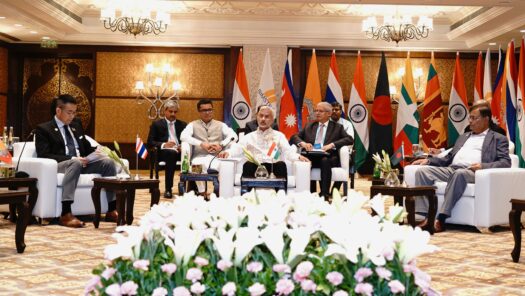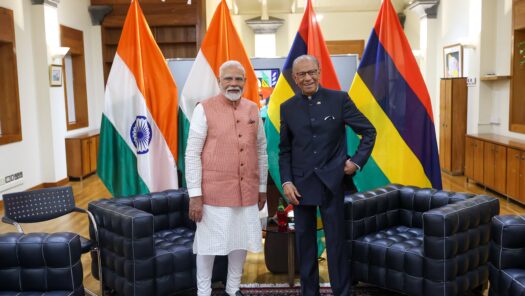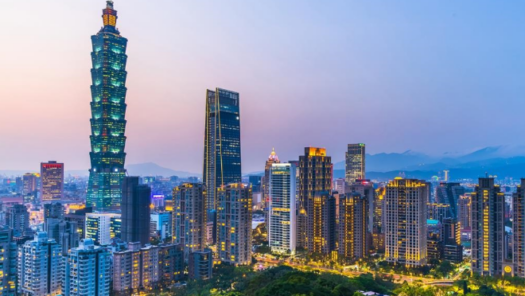Geopolitics
Return to article
Fracture in Transatlantic Ties: Charting Possibilities for India
U.S.-European defense ties have shaped international security since the twentieth century. However, growing uncertainty in the transatlantic relationship under the second Trump administration and pushes for a European nuclear deterrent recently have cast doubt on the durability of these ties.…

BIMSTEC Seeks to Succeed Where SAARC Failed
The Bay of Bengal Initiative for Multi-Sectoral Technical and Economic Cooperation (BIMSTEC) is increasingly positioned as the primary vehicle for regional cooperation in South Asia amid the decline of the South Asian Association for Regional Cooperation (SAARC). BIMSTEC – comprising…

How Naval Diplomacy Could Rewrite Pakistan-Bangladesh Ties
The Bay of Bengal carries more than trade—it carries the weight of history. Yet, as Bangladesh’s BNS Samudra Joy docked in Karachi for Aman 2025, its first major warship deployment to Pakistan in over a decade, these waters now chart…

The Mauritius-India Partnership and New Delhi’s Expanding Footprint in the Indian Ocean
Earlier this month, on the invitation of Prime Minister Navin Ramgoolam, Indian Prime Minister Narendra Modi visited Mauritius to celebrate the country's National Day as the chief guest. This visit can also be seen as an effort by New Delhi…

India-Taiwan Convergence: Towards A Strategic Partnership
It has become increasingly evident to much of the Indian strategic community that despite rhetoric, China does not share India's desire for friendship and cooperation. Since 2007, China has consistently asserted an aggressive posture in its longstanding border dispute with…

A Recalibration of Sri Lanka’s Foreign Policy? The Era of Dissanayake
In September 2024, two years after a severe national economic crisis began, Sri Lanka witnessed a significant shift in its political landscape with the election of Anura Kumara Dissanayake as president. Lack of transparency and good governance had resulted in…